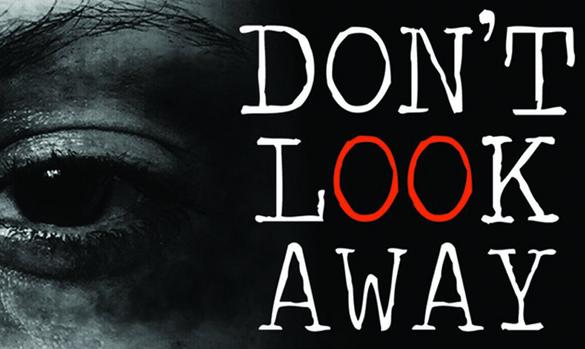Kenyatta University (KU) has developed an App to address rising cases of sexual and gender-based violence (SGBV) in institutions of higher learning.
The Centre for Gender Equity and Empowerment last year secured a £1,000 (Sh143,000) grant from the Association of Commonwealth Universities to develop the Android App.

Staff and students can use the App even when they are away from the campus to report cases of SGBV; it ensures confidentiality, as well as dignity of survivors, is protected.
The Safe Workspaces for Women in Kenyan Universities and Tertiary Institutions Prototype App, analyses data and provides reports on submitted cases for further investigation and sensitises students and the general university community on gender issues and promotes the HeForShe campaign.
The App project is the brainchild of Prof Grace Wamue-Ngare, the Associate Professor of Gender and Development Studies and the Director, Centre for Gender Equity and Empowerment. It was developed in collaboration with Women Education Researchers of Kenya( WERK) who have created sensitisation messages of communication about SGBV and other gender issues.
The main features of the App include reporting via the App or via SMS Shortcode, assisting students and staff to help by giving information on the general safety of the members.
It also provides hotlines by giving contact information of where one can get help and inform users of any news from the centre.
When reporting, the App helps in collecting data including gender, type of incident, location, details of the incident, contact, and image of the victims. This data is then stored securely and can be accessed by the centre’s administrators for appropriate action.
Sexual exploitation
It also gives categories and sub-categories of SGBV cases including gender discrimination, sexual harassment, sexual assault/abuse, sexual exploitation, defilement and indecent acts.
To ensure the privacy and security of the data, users can opt to remain anonymous. The data is stored in the university’s server and can only be accessed by authorised people. There is a log-trail for anyone accessing the system’s dashboard.
Prof Ngare told Nation that the most common form of SGBV at KU is sexual harassment among students and staff.
This comes in the form of some lecturers demanding, from the students, sex for grades. For the staff, some male bosses ask for sexual favours in reward with promotions. New students are commonly known as ‘freshers’ she said, have not been spared either as they are sexually harassed by older students who take advantage of their naivety.
“Some of the perpetrators of sexual violence are senior members of staff and we hope the mobile App will be a deterrent. The App’s anonymous feature will help nab and deal with perpetrators,” said Prof Ngare.
She noted that even though the App may not solve the problem of sexual harassment in the university, it will help in drastically reducing it.
“Perpetrators have been aware that reporting mechanisms are weak, evidence collection is hard and systems in place are fragmented. Generation of solid evidence to convict perpetrators have been the weak link but with the App, if we are able to handle three or four cases successfully, then it will help in deterring other possible perpetrators,” she said.
Cases of rape among female students in public universities have been on the rise.
In December last year, Maseno University students went on the rampage after their colleagues were raped around the Mabungo area.
Female students
In February this year, the University of Nairobi Vice-Chancellor Prof Stephen Kiama was forced to apologise following a memo that blamed female students for being careless, leading to rape.
His apology came after the acting Director of Security and Safety Services accused female students of becoming victims of rape and robbery due to their recklessness.
The memo dated February 24 noted that from the three rape cases reported, female students were to blame.
A study in 2016 found that more than 50 per cent of students at the University of Eldoret had been sexually harassed in some way.
The National Gender and Equality Commission, a few years ago, urged local universities to take firm measures to address SGBV in their campuses.

